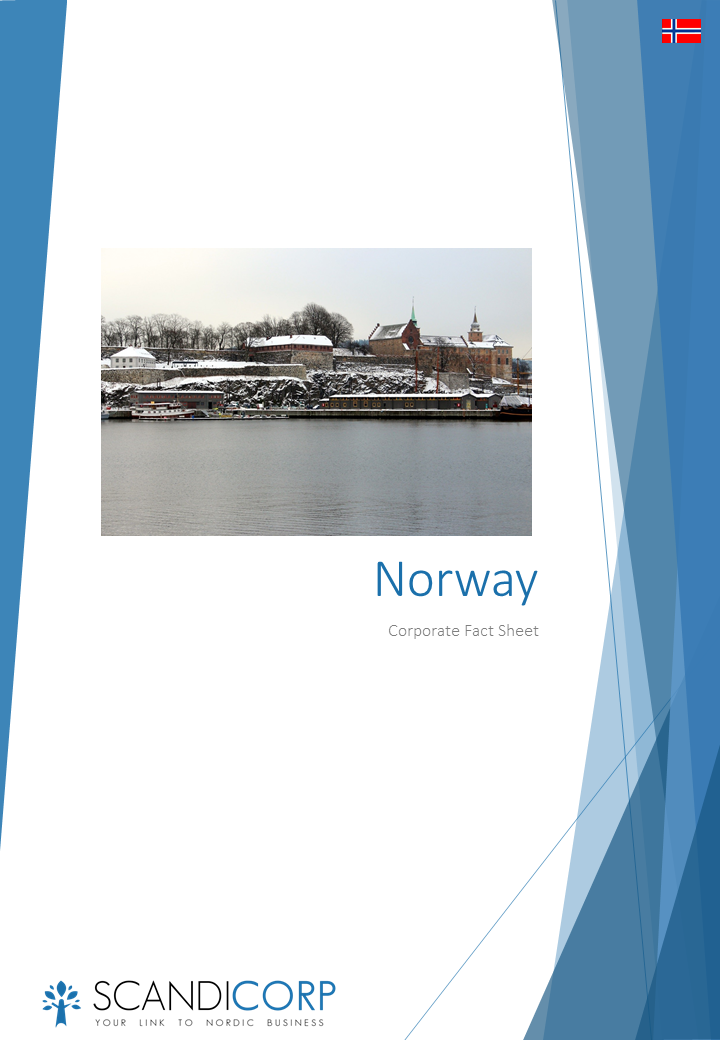Despite cultural, economic and business differences the Nordic countries have many positive aspects in common. The choice of where to locate a business in this part of the world will naturally depend on the specific nature of the business in question. Scandicorp will happily discuss with you about the benefits of a specific country for your business. In this article, we will look at 10 good reasons for a foreign business to establish a presence in the Nordic countries (Norway, Sweden and Finland).
1. High international rankings
The Nordic countries rank very high in international benchmarks in the top places of the most secure and best places to live, least corrupt countries and one of the best health systems in the world.
2. Reliability
Everything works. If something doesn’t work, it will usually be addressed as soon as possible. You save a lot of time and nerves when you can rely on the infrastructure, logistics and timekeeping etc.
3. English
Most Nordic people are fluent in English and will be more than happy to practice their English with you. Although a basic understanding of the local language will make everyday life easier for you.
4. Highly skilled workforce
Thanks to a good public schooling system and a high overall level of education, recruiting locals will be relatively easy in most fields of business.
5. Moderate corporate taxes
The Nordic countries have traditionally been perceived as high-tax jurisdictions. However, the corporate tax rates are very moderate in international comparison.
6. Business environment
The Nordic countries have a very strong financial sector, a stable, ethical and predictable business environment. This provides a solid base for a long-term business solution. Good logistics thanks to modern airports, efficient ports and railways.
7. Lively startup scene and pioneering new technology
The governments of the Nordic countries as well as local communities have encouraged and supported research and development, the creation of start-up hubs and events. The atmosphere for start-ups has proved to be very inspiring.
8. Relatively easy to find local partners
It’s good to find local partners who you could collaborate with on common projects as this will help build your credibility.
9. Over 25 million consumers
In a consistent market with a strong purchasing power due to the relatively high GDP per capita.
10. Good places to test new ideas and products
Nordic consumers and businesses are among the first to adapt to technologically, new products and concepts. Testing your new products and technologies in the Nordics first before going global may be a smart move.








